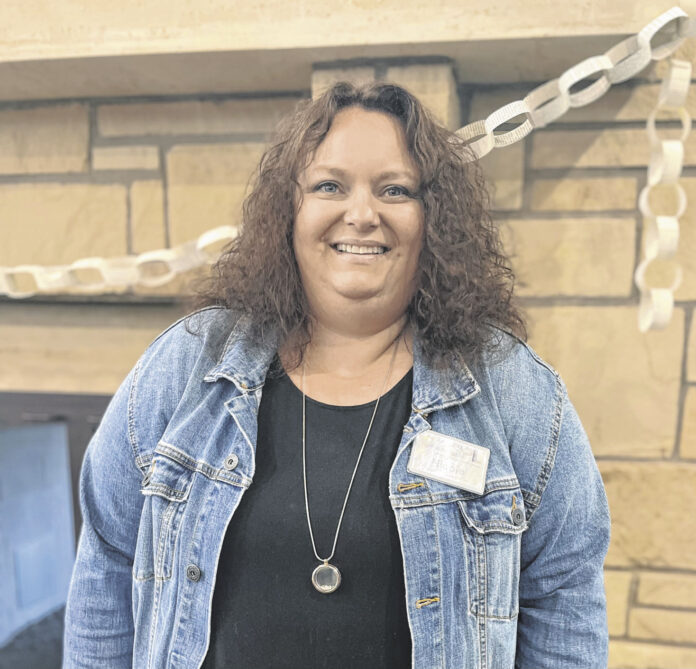Summer break is over and children are heading back to school.
Some are heading to preschool or kindergarten for the first time, and a lot of parents are wondering: Is my child ready? Did I prepare them right for the big new world out there? Can they master school without me?
Sending your child to school for the first time can be scary and cause a lot of doubt about your parenting skills. I want to pass on some great advice I received when I sent my oldest daughter to preschool for the first time.
Someone told me, “The fact that you worry is proof that you are a great parent.”
While that helped me overcome my anxiety, worrying was not the only thing that helped my children get ready for school and life outside our home.
The Johnson County Public Library has lots of programs and resources that will help you prepare your child for school. From Storytimes, STEAM activities, Crafternoons and children’s cooking to yoga and chalk art events, these programs teach your child to concentrate, help them develop fine and gross motor skills, and establish social skills while playing with other children and having a wonderful time. While parents are a child’s first teacher, the Library is a great supplemental instructor.
Our preschool programs specifically incorporate five early literacy practices that will help your child get ready to read which is one of the first things they will learn at school. You can do these practices with your child at home, too.
1. Talking: Children learn a language and other literacy skills by listening to their parents and others talk. As children hear spoken language, they learn new words and what they mean. Make sure your child has lots of opportunities to talk with you, not just listen to you talk.
2. Singing: Singing slows down language so children can hear the different sounds that make up words. This helps when children begin to read printed language. Sing the alphabet song to learn about letters, or sing nursery rhymes so children hear the different sounds in words.
3. Reading: Reading together is the most important way to help children get ready to read by themselves. It helps children learn how printed words look and how books work. Shared reading also helps children develop an interest in reading. Children who enjoy being read to are more likely to want to learn to read themselves. Read every day. Make shared reading interactive. Before you begin a book, look at the cover and predict what the book is about. Have your child turn the pages of the book. Ask questions as you read and listen to what your child says. When you finish the book, ask your child to retell the story.
4. Writing: Reading and writing go together. Both represent spoken language and communicate information. Children can learn pre-reading skills through writing activities. Writing begins with scribbles and other marks. Encourage this by providing many opportunities daily to write and not just color in coloring books.
5. Playing: Play helps children think symbolically, so they understand that spoken and written words can stand for real objects and experiences. Play also helps children express themselves and put thoughts into words. Give your child plenty of playtime. Some of the best kinds of play are unstructured when children can use their imaginations and create stories about what they’re doing.
You can find more information about early literacy practices at PageAfterPage.org/early-literacy, or bring your child to one of our preschool branch programs. The Library staff is looking forward to seeing you.
Nicole Caudill is a library assistant at the Trafalgar branch of the Johnson County Public Library. Library staff members share in writing this bi-monthly column for the Daily Journal. Send comments to [email protected].




